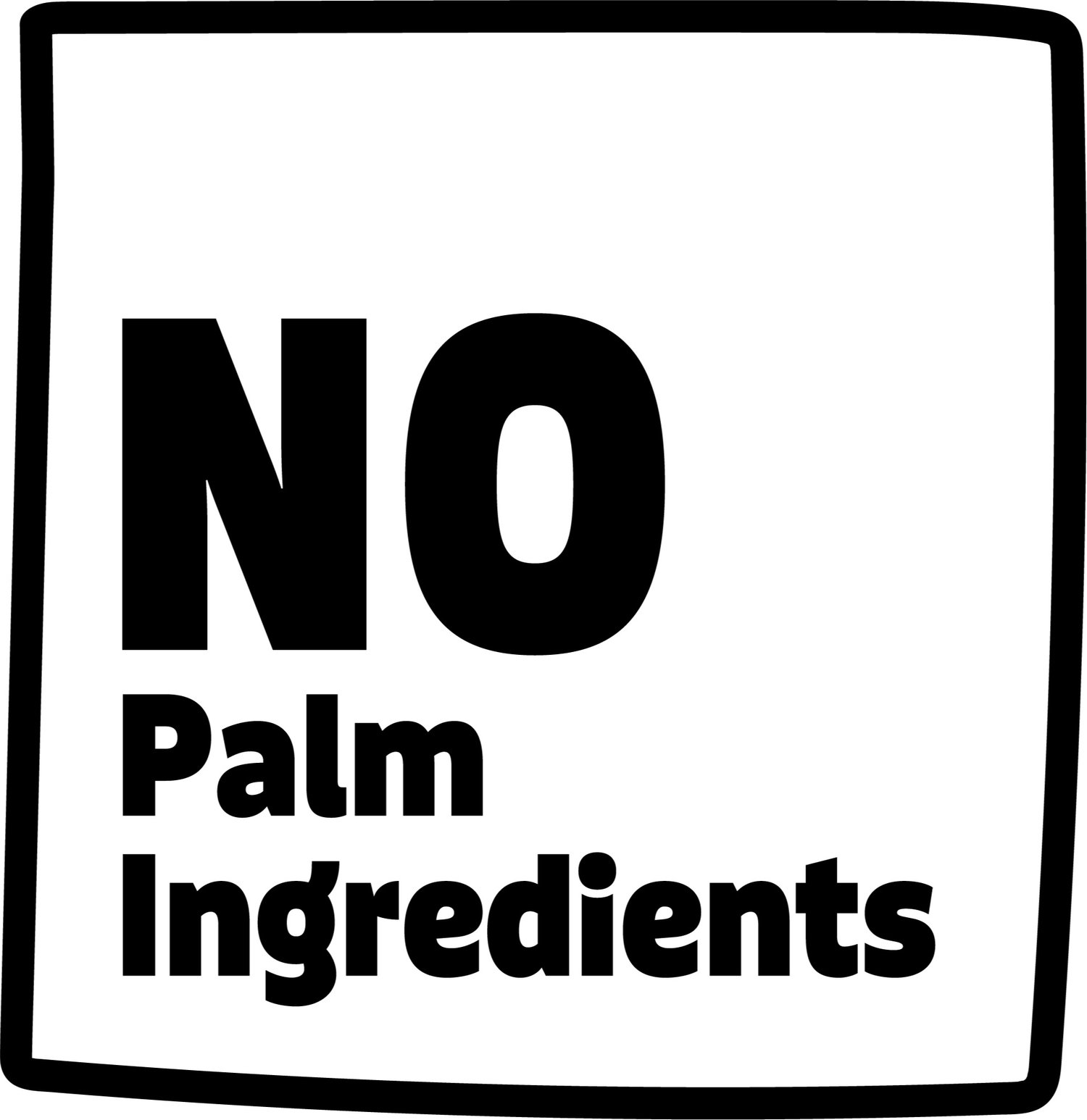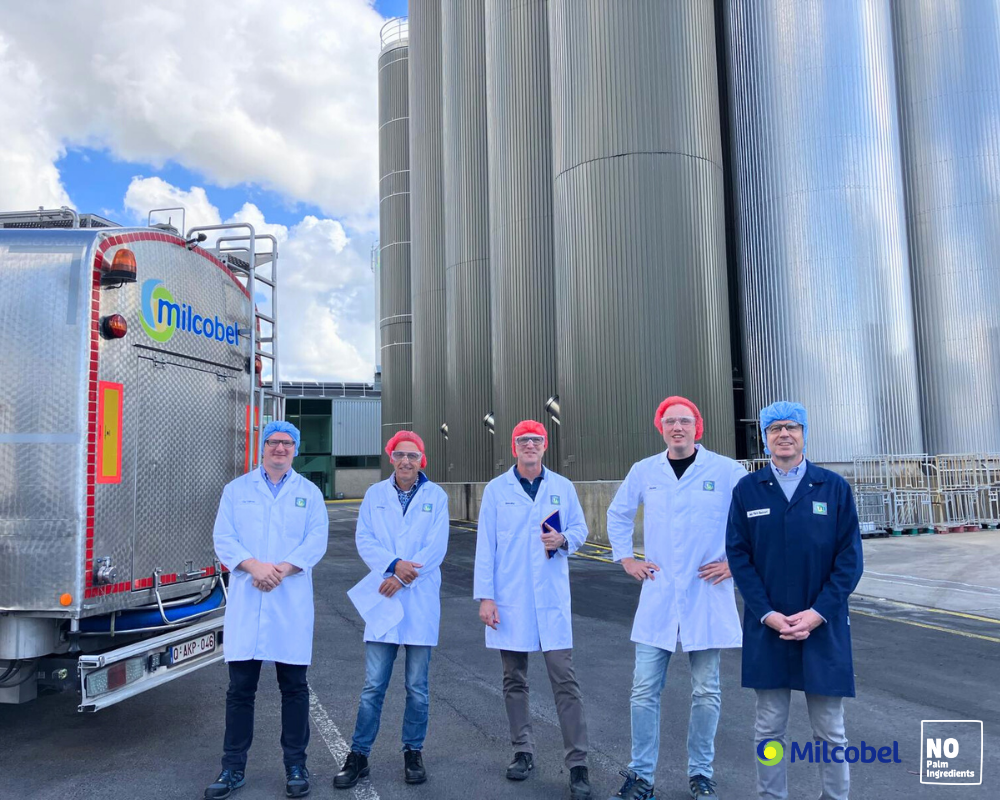Milcobel and NoPalm Ingredients Announce Strategic Partnership to Secure Feedstock and Explore Future Co-location
NoPalm Ingredients has entered a strategic partnership with Milcobel, Belgium’s leading dairy cooperative. The collaboration enables Milcobel to valorize its whey permeate, a byproduct of cheese production, while securing feedstock for our demonstration factory. The partnership also includes a joint feasibility study for establishing our first commercial production facility at Milcobel’s Langemark site. Together, we can produce circular, high-value oils and fats while laying the groundwork for a future co-located commercial production unit at Milcobel’s site in Langemark.
Left Francis Relaes, Managing Director at Milcobel. Right Lars Langhout, CEO at NoPalm Ingredients.
Securing Feedstock for the Demo Factory
Under the agreement, Milcobel will supply whey permeate to NoPalm Ingredients’ first demonstration facility in the Netherlands, which is set to start operations in 2026. This ensures a reliable feedstock stream while giving new value to dairy byproducts.
Developing a Co-Located Factory in Langemark
The partnership also includes a joint feasibility study for establishing NoPalm Ingredients’ first commercial production facility at Milcobel’s Langemark site, with potential operations targeted for 2028. Co-location would enable the direct conversion of whey permeate into sustainable oils on-site, reducing transport needs and supporting a more circular process.
From Whey Permeate to Sustainable Oils: upcycling dairy by-products
NoPalm Ingredients has developed a unique fermentation technology that produces oils and fats with the same functionality as palm and other tropical oils, without using palm-derived raw materials. Instead, the process upcycles agro-industrial side streams, such as whey permeate. This innovative approach is both circular and low-emission, offering a viable alternative to palm oil, which is widely used in consumer products but often linked to deforestation and environmental degradation.
Proven at Industrial Scale
Industrial trials over the past three years have demonstrated the feasibility of using whey permeate as a feedstock for NoPalm Ingredients’ fermentation process. The technology consistently produced oils on specification at an industrial scale, confirming compatibility with Milcobel’s streams.
“At Milcobel, our mission is to create the highest possible value for our cooperative members. More than 25 years ago, we made a strategic choice to focus on mozzarella. In 2022, our partnership with Arla Foods Ingredients to valorize whey protein retentate was a further reinforcement of our strategy and a significant step up in the valorisation of our whey side stream. This new collaboration with NoPalm Ingredients completes the loop: it brings the valorization of whey permeate higher up the value chain, turning it into sustainable, high-value oil ingredients for food and non-food. It not only strengthens our economic model but also reinforces our commitment to circularity principles and a better impact for the planet.”
Co-location as a model for circular production
Both companies will further explore the operational feasibility of co-locating a NoPalm Ingredients factory at Milcobel’s Langemark site, including integration with existing infrastructure. By building factories adjacent to food production facilities and using local side streams, NoPalm Ingredients aims to drastically reduce emissions, land use, and waste, while bringing new economic value to existing infrastructure.
“This partnership proves the strength of our co-location model: turning side streams into high-value ingredients where they are generated, reducing transport and sharing infrastructure. Working with Milcobel shows how a biotech startup and a dairy leader can create true circularity with economic and environmental value on both sides.”
The collaboration between Milcobel and NoPalm Ingredients demonstrates how established food producers and biotech companies can join forces to build a more resilient, circular, and sustainable food system. With commercial operations on the horizon, this partnership is a model for the future of ingredient production, low-emission, resource-efficient, and high-value.



